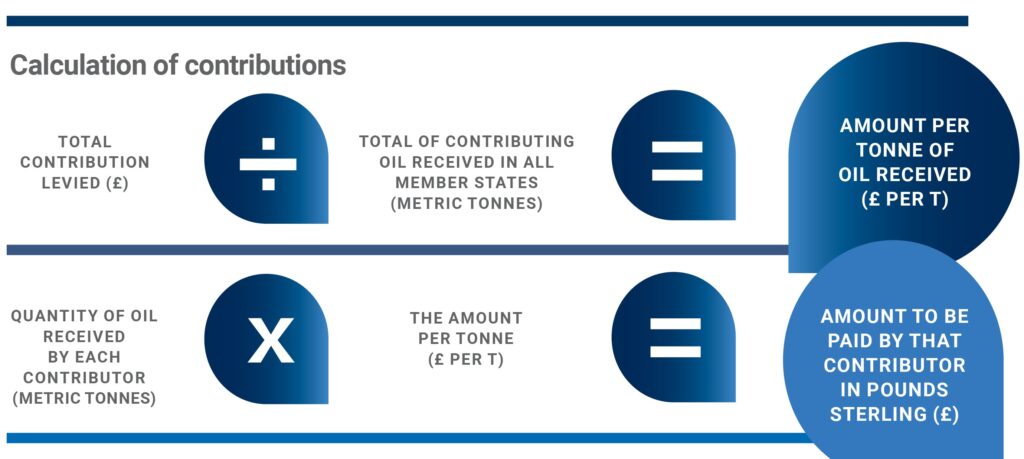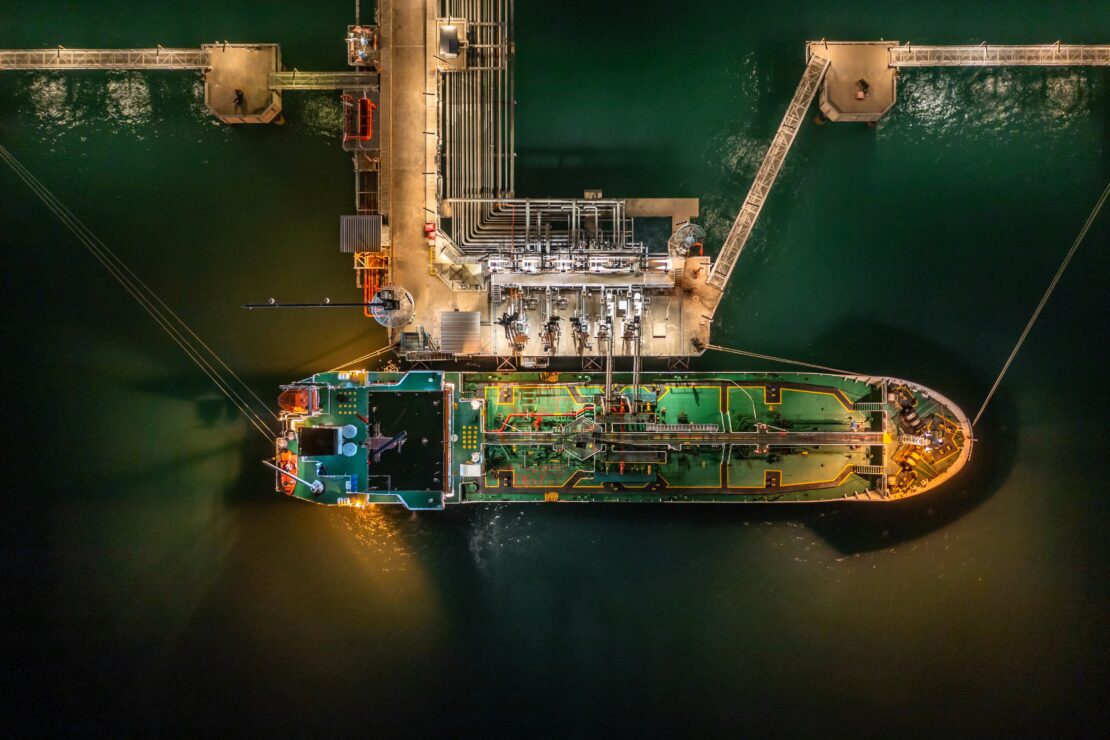Who pays?
The 1992 Fund is financed by contributions levied on any person (company or other entity) who has received in one calendar year more than 150 000 tonnes of crude oil and heavy fuel oil (contributing oil) in a State Party to the 1992 Fund Convention. The receiver of oil may be a government authority, a State‐owned company or a private company.
Those persons who pay contributions are referred to as contributors.

The contributions system for the Supplementary Fund is similar to the 1992 Fund in that it is also financed by contributors who have received more than 150 000 tonnes of contributing oil in a calendar year. However, there is a minimum tonnage of one million tonnes per year for each Member State of the Supplementary Fund. The Member State is responsible for paying contributions of up to one million tonnes if there are no contributors in their State, or if the total amount of oil received by contributors in their State is less than one million tonnes.
How are the contributions calculated?
Each contributor pays an amount per tonne of contributing oil they received. The amount per tonne is calculated by dividing the total contributions to be levied by the total amount of oil received in all Member States in the relevant calendar year.

What are the levies for?
Annual contributions are levied by the 1992 Fund to meet the anticipated payments of compensation and administrative expenses during the coming year. The amount levied is decided each year by the governing bodies—the 1992 Fund Assembly and Supplementary Fund Assembly. The 1992 Fund has a General Fund which covers expenses for administration and working capital set by the Assembly. If an incident gives rise to substantial payments of compensation and claims-related expenditure, a Major Claims Fund is established.
How much should a contributor expect to pay each year?
There are no set annual fees. Payments made by the 1992 Fund in respect of claims for compensation for oil pollution damage may vary considerably from year to year, resulting in fluctuating levels of contributions and amounts per tonne of contributing oil. The current incidents involving the IOPC Funds and details of those that have Major Claims Funds are provided under the claims section.
How does the IOPC Funds invoice if there are no oil reports submitted?
The submission of oil reports and payment of contributions are essential to the proper functioning of the international liability and compensation regime. It is a highly successful system which has the support of Member States and contributors alike. However, in order to address the small number of States or contributors who do not fulfil their obligations to submit reports or pay contributions, the IOPC Funds’ governing bodies have adopted a number of key Resolutions.

Latest levies agreed by governing bodies
In November 2025, the 1992 Fund Assembly decided to levy contributions to the General Fund and to the Major Claims Funds for the Bow Jubail, Princess Empress and Marine Honour incidents. Invoices have been issued to contributors for payment by 1 March 2026.
 Our Use Of Cookies
Our Use Of Cookies 